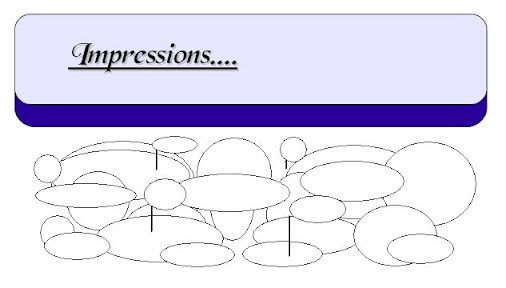New York Times, Opinion Editorial
March 7, 2008
IN 1784, Benjamin Franklin composed a satire, Essay on Daylight Saving, proposing that Parisians get up an hour earlier in summer. By putting the daylight to better use, he reasoned, they'd save a good deal of money that might otherwise go to buying candles. Today this switch to Daylight Savings Time
March 7, 2008
IN 1784, Benjamin Franklin composed a satire, Essay on Daylight Saving, proposing that Parisians get up an hour earlier in summer. By putting the daylight to better use, he reasoned, they'd save a good deal of money that might otherwise go to buying candles. Today this switch to Daylight Savings Time
is an annual ritual in Western countries.
Even more influential was something else Franklin said the same year: "Time is Money." He meant this only as a gentle reminder not to sit idle for half the day, and might be dismayed if he could see how literally, and self-destructively, we take his metaphor today. Our society is obsessed as never before with making every single minute count.
But the quest to spend time the way we do money is doomed to failure, because the time we experience bears little relation to time as read on a clock. The brain creates its own time, and it is this inner time, not clock time, that guides our actions.
Inner time is linked to activity. In 1962, Michel Siffre, a French geologist, confined himself in a dark cave and discovered that he lost his sense of time. Emerging after what he had calculated were 45 days, he was startled to find that
a full 61 days had elapsed.
And on the opposite hand, time seems to expand when our senses are aroused.
And on the opposite hand, time seems to expand when our senses are aroused.
The brain's inclination to distort time is one reason we so often feel we have too little of it. One in three Americans feels rushed all the time, according to one survey. Even the cleverest use of time-management is powerless to increase the total minutes in our life,so we squeeze as much activity as we can into each one.
Believing time is money, our shortage of time is stressful. Our fight-or-flight instinct is engaged, and the regions of the brain we use to calmly and sensibly plan our time get switched off. We become fidgety, erratic and rash. Tasks take longer. We make mistakes, which take still more time to iron out. The perceived lack of time becomes real:we are not stressed because we have no time---
we have no time because we are stressed!
In scrambling to use time to the hilt, we wind up with less of it.
The remedy is to liberate ourselves from Franklin's equation.
Time is NOT money!
"Time..." as Joyce Carol Oates put it,
"...we are either borne along by it, or drowned in it."
(Stefan Klein is the author of "The Secret Pulse of Time":
Making Sense of Life's Scarcest Commodity)


5 comments:
Thanks to Gail Slaughter for alertly alerting me to this article and the fact that my clocks were all off an hour.
An excellent and important article! Wonderful and thought provoking--it definitely applies to ME!! LOL!
COL! (Crying out loud!)
There is a notice up in the copy room at school about the new time changes: how we are being forced to not adjust naturally and incrementally. So the kids will be tired and grumpy. I don't know about them. They are always tired and grumpy. But I sure am tired and grumpy this past week: exceptionally so. And for what? I forget why they are doing this. I like this article.
DST was a poinbt of conroversy in my youth because the drive-in movies had to run their second features so late kids were conking out and it hurt their business. Otherwise it was pretty popular.
Keep up the good work.
Post a Comment